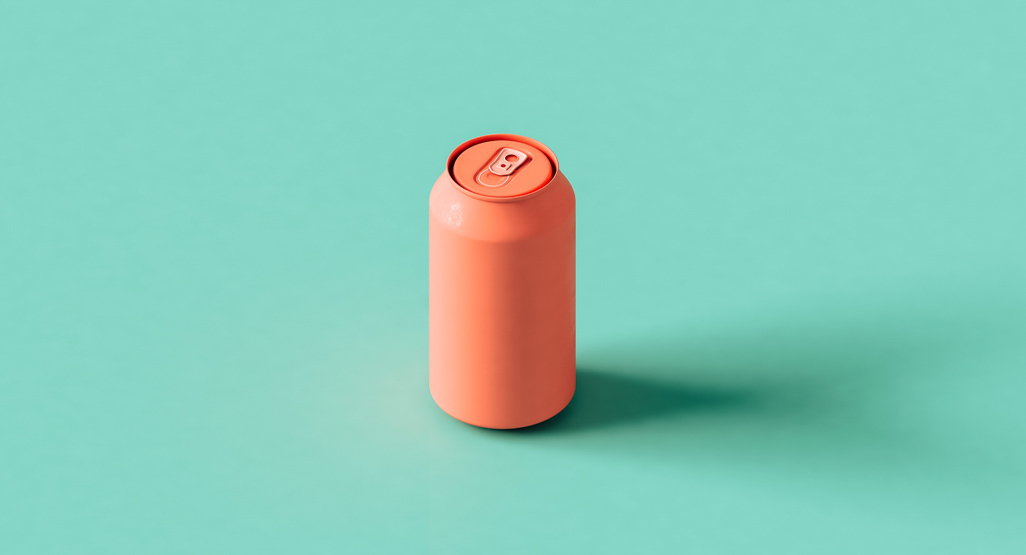
It’s no secret that some of the finer things in life—sushi, gooey cookies, booze—are off the table during pregnancy. But as the sober-curious movement has expanded, so have the options for soft drinks. From non-alcoholic beer to de-coholized wine, alternatives to classic drinks abound.
Are these sips really safe during pregnancy? Here’s what gynecologists say about drinking non-alcoholic beer, wine and spirits when you’re expecting.
Advertisement | page continues below
What is non-alcoholic beer and alcoholic beverages?
There are different categories of soft drinks and their differences are crucial, especially for pregnant women. Here’s what you should know about each type:
-
“Alcohol free” or “alcohol free”. Products with these labels must not contain detectable alcohol, according to Food and Drug Administration (FDA) regulation. This means that all alcohol-free and soft drinks have an alcohol content by volume (or ABV) of 0%.
-
“Non-alcoholic.” Non-alcoholic beer and wine may contain traces of alcohol. The FDA simply requires soft drinks to be less than 0.5% ABV.
-
“Low alcohol.” There is no official definition of a “low alcohol” drink. The label essentially refers to alcoholic beverages with a slightly lower than expected ABV content. For example, a low-alcohol wine may have an ABV content of 7%, while an average wine may have an ABV content closer to 12%.
Each option is made differently. Non-alcoholic beer and wine often go through a filtration process that removes all or most of their alcohol components. This is why you may see these options marked as “alcohol removed”.
Alcohol-free or alcohol-free products are often made with ingredients such as juice concentrates and flavored herbal products.
Advertisement | page continues below
Are non-alcoholic beer and alcoholic beverages safe to drink during pregnancy?
Unfortunately, there simply isn’t enough research on non-alcoholic beer, wine, and spirits to prove whether consuming alcohol in trace amounts is safe during pregnancy.
It’s also difficult to get more information about the risks of consuming trace amounts of alcohol in pregnancy because it’s unethical to test it on pregnant women, he says. Megan Bernstein, MD,Opens a new window assistant clinical professor of obstetrics and gynecology at the David Geffen School of Medicine at UCLA.
What experts do know is that alcohol can alter the normal growth and development of a fetus, he says Hailey McInerney, MDOpens a new window from 1060 OBGIN. The most serious consequence of exposure to alcohol during pregnancy is fetal alcohol spectrum disorder (FASD), he adds Erin Higgins, MDOpens a new windowgynecologist at the Independence Family Health Center of the Cleveland Clinic.
Finally, there is no accepted safe “cut-off” point below which you can be sure that your baby will not suffer alcohol-related risks. It is possible that even small amounts of alcohol can harm your child.
Another concern is the lack of clarity around the exact ABV content. “The biggest concern is that these products may have more alcohol than what is listed on the label,” says Dr. Bernstein. In fact, almost one-third of non-alcoholic or low-alcohol drinks have a higher alcohol content than what is stated on their labels, studyOpens a new window found.
Advertisement | page continues below
For these reasons, both the Centers for Disease Control and Prevention (CDC) and the American College of Obstetricians and Gynecologists (ACOG) state that there is no known safe amount of alcohol during pregnancy.
“We can’t control every toxic exposure from our environment,” says Dr. McInerney, “but alcohol-related birth defects are entirely preventable.”
Bottom line: To be on the safe side, add soft drinks when you’re expecting.
What about non-alcoholic drinks?
Soft and non-alcoholic drinks are certainly less risky than non-alcoholic options as they are required to have an ABV content of 0.0%.
You’ll want to check the ingredient lists of these products, though, as some alcohol-free drinks contain excess caffeine, unpasteurized vinegar, or herbal ingredients like CBD and ashwagandha that are best avoided during pregnancy.
Advertisement | page continues below
The best bet is to “watch out for alcohol-free products that contain extracts that aren’t usually found in the drinks we drink every day,” says Dr. McInerney.
How to choose alcohol-free drinks during pregnancy
Not sure what to order at the next work happy hour or when you’re playing bar trivia with friends? Here are some tips for choosing fun drinks when you’re expecting:
-
Check the ABV content. To be on the safer side, choose alcohol-free or alcohol-free options with an ABV content of 0.0%.
-
Read the ingredients list. Watch out for ingredients that may not be safe for pregnancy, such as excessive amounts of caffeine, CBD, or adaptogens like ashwagandha.
Advertisement | page continues below
-
Avoid excess sugar. “The mocktail movement is great, but I warn you that some mocktails contain a lot of sugar,” says Dr. Higgins. Consider reducing the sugar content by mixing your favorite cocktail with seltzer or soda instead of tonic.
-
When in doubt, ask your doctor or dietitian. If you If you’re ever in doubt about the drink’s safety profile, check with your gynecologist before drinking it.
Don’t underestimate the power of a homemade cocktail either. Combine seltzer, plenty of lime juice and frozen blueberries in a fancy glass with a DIY salt rim for a good time.
